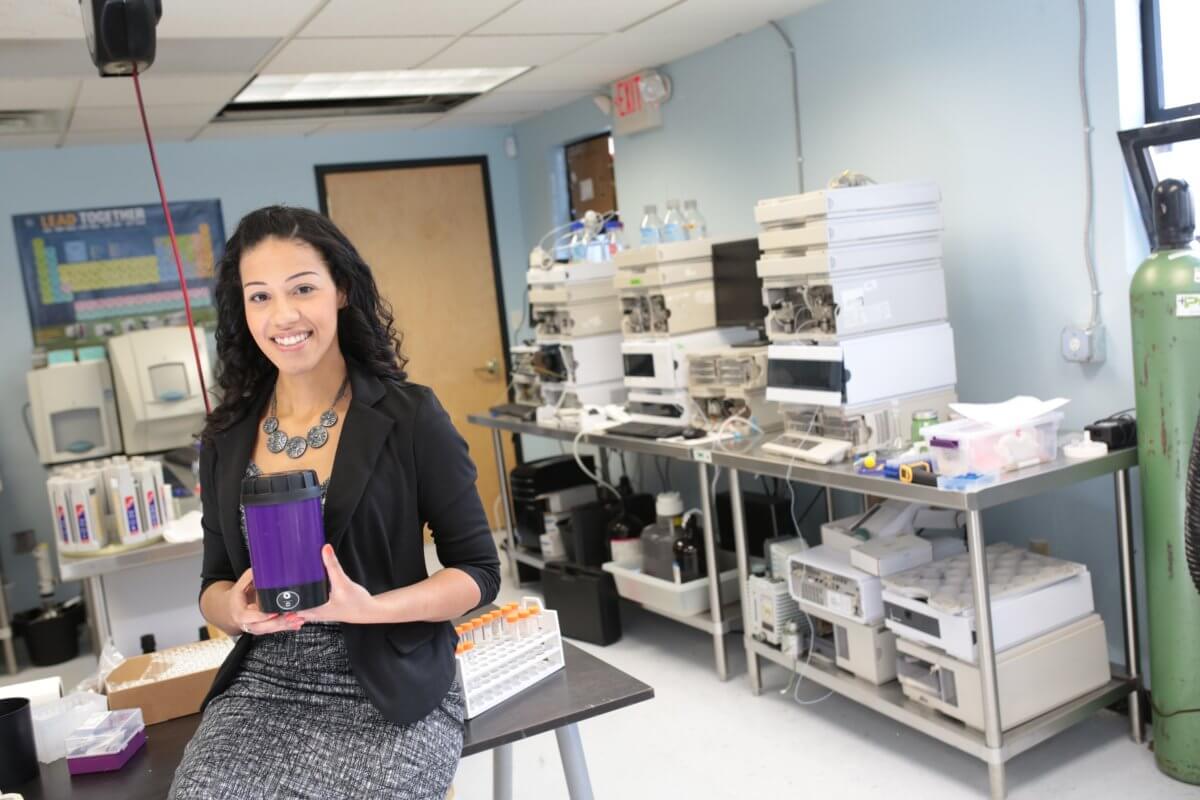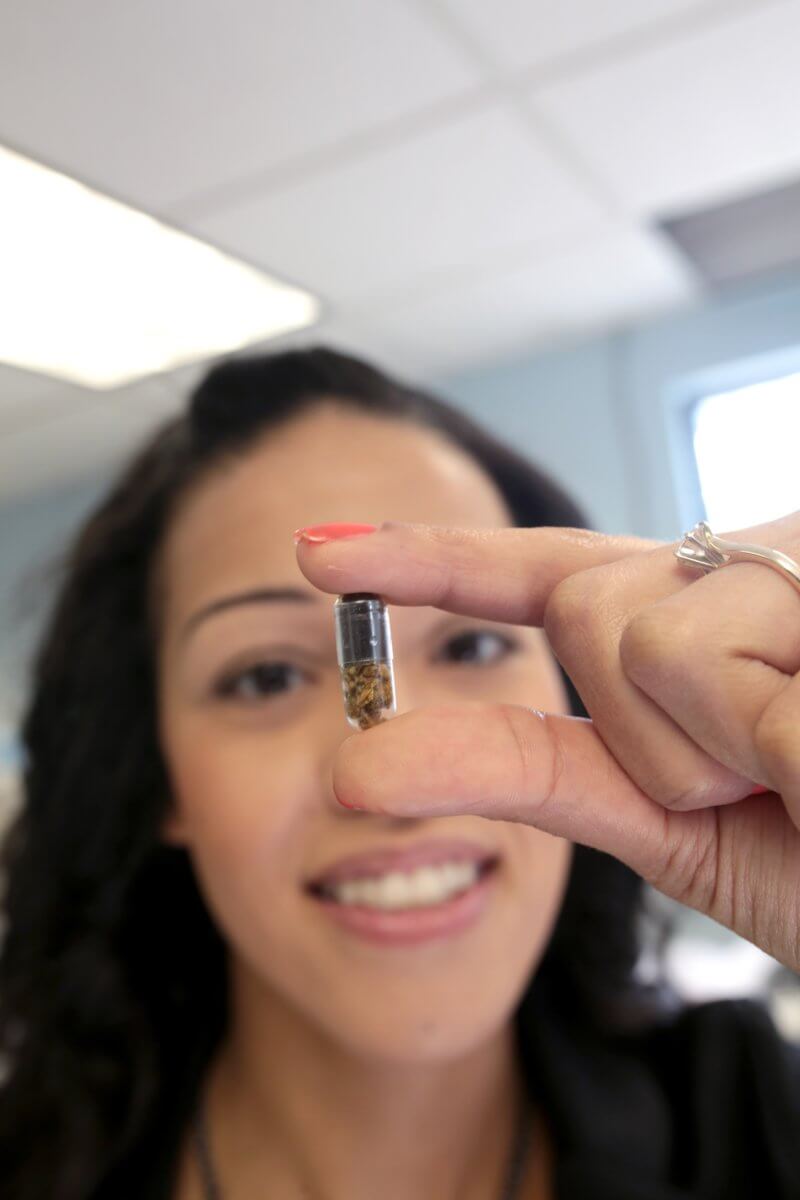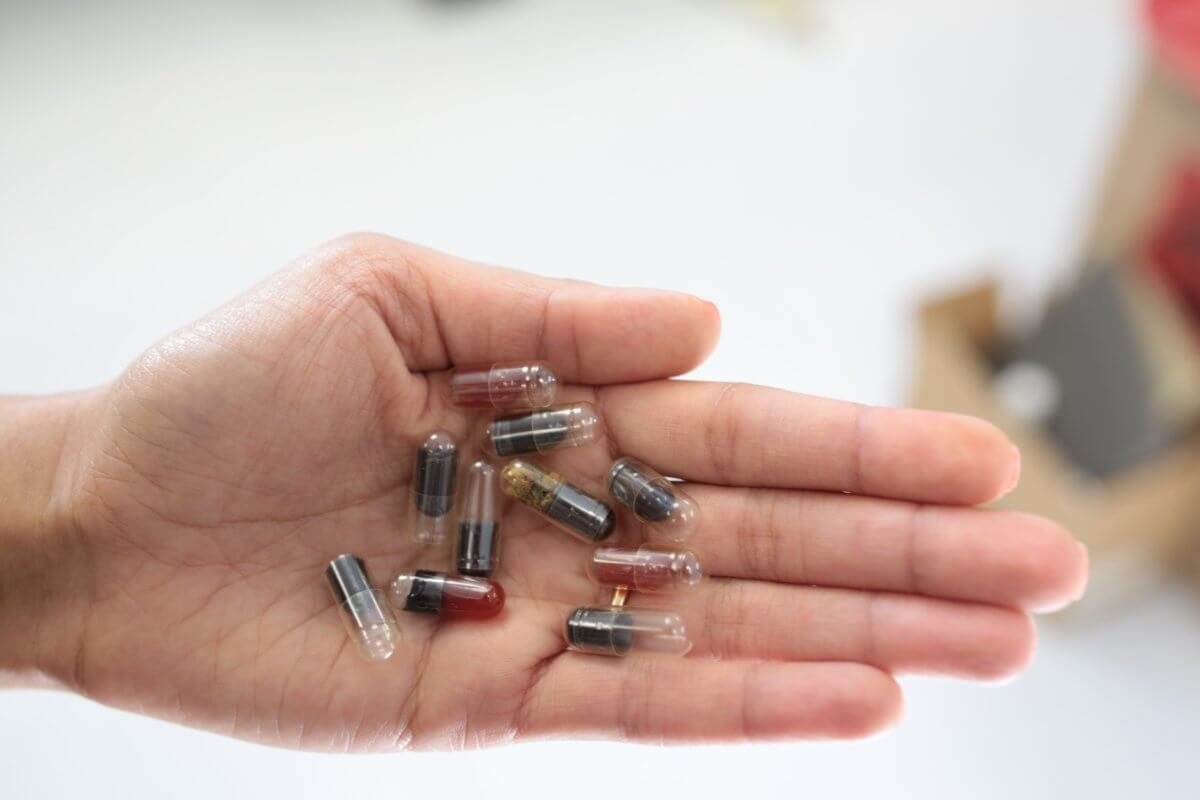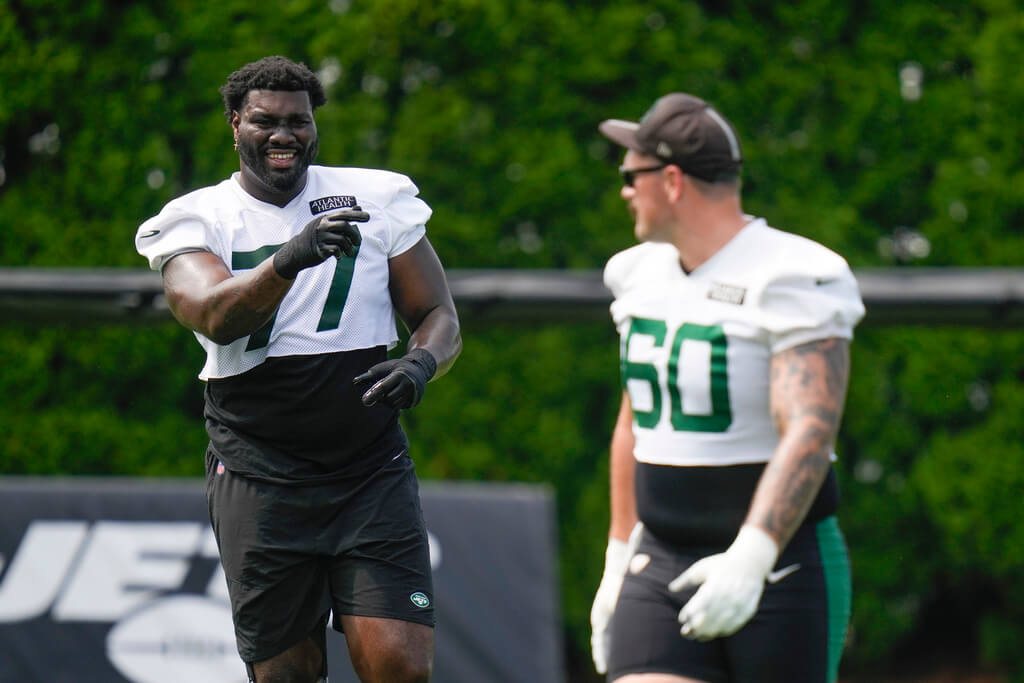In an upstairs bar in Philadelphia’s Headhouse Square neighborhood in early November, Stephanie Thomas stood in front of a group of roughly two dozen with a simple message.
“This industry is never going to be this small again,” Thomas said.
She was talking about the marijuana industry. And in the state she was standing in, quite simply, there is no industry — at least no legal one.
But as legalization of marijuana moves across the country, Thomas is on the forefront of a movement that is trying to make sure women get in on the ground floor in what they are betting is a sure thing: medical marijuana soon, legalization for recreational users in the not-too-distant future. RELATED:Vets protest for weed to fight high suicide rate
“Women are underrepresented in management positions in the majority of industries across the country,” Thomas said.. “But in this industry, the door is wide open for everyone.”
With several states expected to allow medical marijuana or recreational marijuana in coming years, one industry observer, The Arcview Group has predicted that the cannabis industry is expected to group four-fold between 2015 and 2019, to $10.9 billion — a size that is roughly double the U.S vodka market. Thomas is a co-chair of the Philadelphia chapter of Women Grow, a year-old organization focusing on women in weed that has sprouted 35 chapters across the country, including in Boston and New York. They see opportunity not just in growing and distributing the plant itself, but in tools for wellness, tech startups, accounting, finance, real estate and accessories – all businesses that don’t involve touching the plant. “I’ve always loved cannabis,” said Shanel Lindsay, the founder of Boston-based Ardent Cannabis, the maker of a machine called the Nova that uses heat to convert the main psychotropic compound in marijuana to an edible form. Her product, she claims, allows cannabis users who don’t want to smoke the plant to make marijuana pills, and is superior to home-made methods because it improves consistency in the end product.
“About 10 years ago, I started using it as a medicine. I realized how different there was from using it recreationally. There was a science behind it,” Lindsay said.
There are strong indications that women already play a significant role in the industry. One survey by Marijuana Business Daily found that 36 percent of cannabis company executives are women. The average for all U.S. businesses is about 22 percent, according to the U.S. Census Bureau. “A big part of this business is mainstreaming this product,” Lindsay said. “When these companies have a strong woman on their team, it’s easy for her to take that leadership role.”
RELATED:As laws change, the “M’ word is still banned in head shops Jane West, a founder of Women Grow, noted that the survey relied on voluntary responses of businesses,so the numbers may not be accurate as women find their footing in the industry.
“At my very first networking event, not only did I not know anyone there, I didn’t know what they were talking about,” West said.
“The industry is male dominated,” said Melissa Meyer, a New York City-based founder of HealthMJ, a website that provides information about the use of marijuana to treat a range of illnesses. “That was true when it was in the black marke … but the women coming into the industry are particularly sophisticated. These are women with backgrounds in law, tech and finance.” Meyer has a law degree from Georgetown, but doesn’t practice. Still, there’s a stigma over the industrythat may mask how many women are actually in the business.
People and companies who operate in the marijuana industry don’t mention it on their LinkedIn pages, she said. And at a recent meeting of Women Grow, a representative of an accounting business seeking to provide services to the cannabis industry declined to be interviewed, in part because they didn’t want to scare off conservative clients. Despite those concerns, entrepreneurs are using networks like Women Grow to find capital they need to start businesses.
That is leading them to the door of Jessica Geran, director of corporate finance at Boston-based Dutchess Capital, one of the few financiers that has been active and open about their investments in the industry. “The whole marijuana thing was a side project,” Geren said. “It’s (now) 75 percent of what we do on a daily basis.”
Most of the investments are relatively small — in part because legal marijuana markets, medicinal and otherwise, are confined to the states in which they operate.
That has created room for everybody, including women.
“There’s no established CEO’s, no big time guys in suits,” Geran said. “It’s just a matter of being the best.”



































